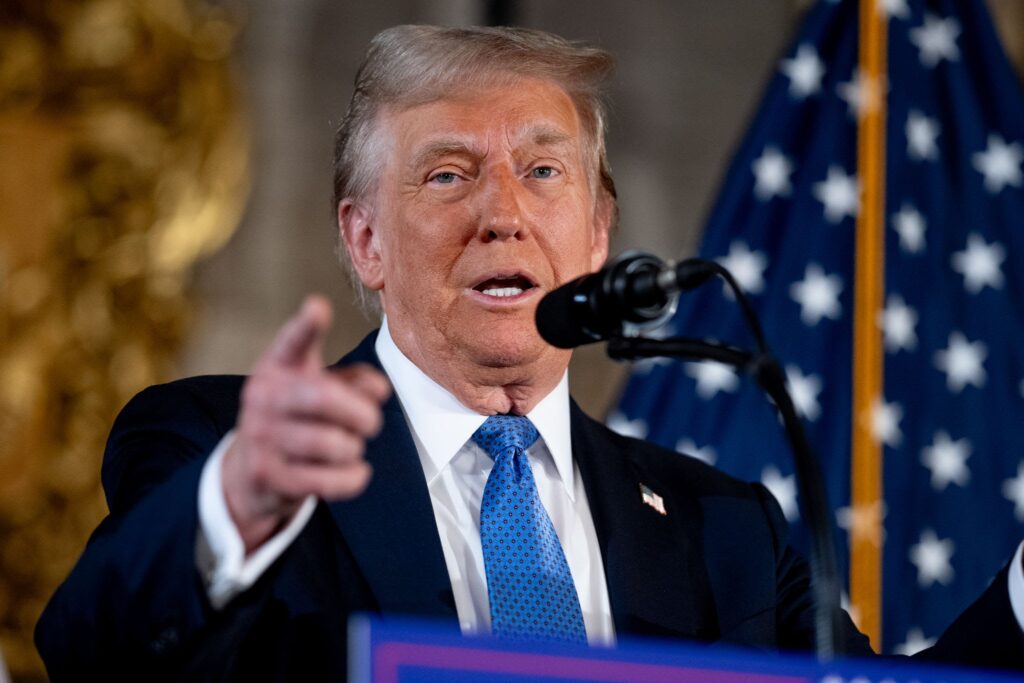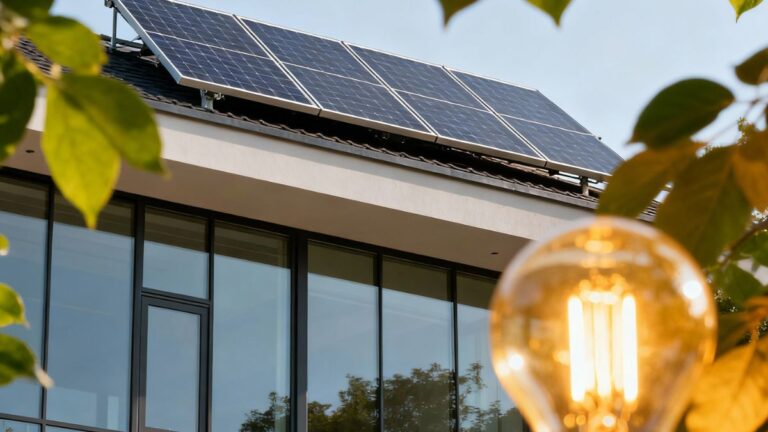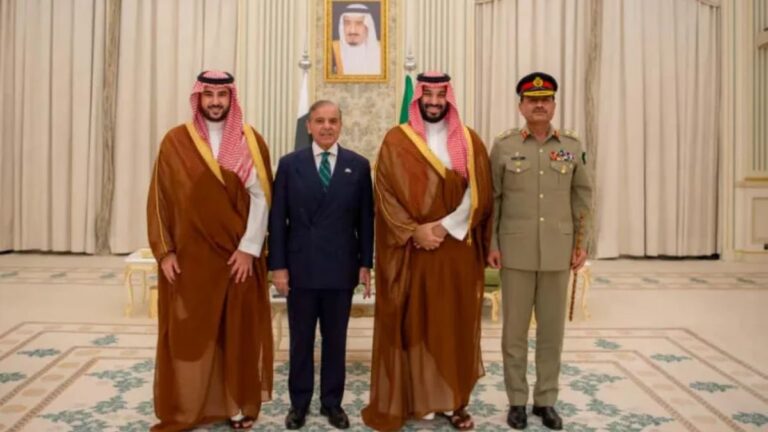
Context:
As Donald Trump prepares for a return to the White House, his comments regarding the use of military or economic coercion to assert control over the Panama Canal and Greenland have sparked significant global concern. These remarks align with Trump’s long-standing emphasis on “economic security” as a cornerstone of his nationalist agenda.
Key Highlights of the Remarks
- Panama Canal:
- Trump claimed that the Panama Canal, under Panamanian control since 1999, is being “operated by China.”
- He stated that the canal is vital to US military and economic interests, calling for its return to US control.
- His remarks evoke memories of the US invasion of Panama in 1989, raising concerns about potential military intervention.
- Greenland:
- Trump expressed a willingness to use economic measures, including tariffs, to pressure Denmark into ceding Greenland.
- Greenland’s strategic and economic value has been a recurring theme in Trump’s rhetoric, with echoes of his 2019 suggestion to buy the territory.
- Canada:
- Trump reiterated his provocative stance on Canada, jokingly referring to it as a potential “51st state.”
- Canadian Prime Minister Justin Trudeau firmly rejected these notions, emphasizing Canada’s sovereignty.
Historical Context
- Panama Canal:
- Built by the US in 1914, the canal was a symbol of American influence in the Western Hemisphere.
- The 1977 Torrijos-Carter Treaties facilitated its transfer to Panama in 1999.
- The canal’s strategic importance has made it a focal point of geopolitical tensions, including the 1989 US invasion of Panama.
- Greenland:
- As an autonomous territory of Denmark, Greenland has historically rejected American overtures for territorial acquisition.
- Its geostrategic location and natural resources make it a significant area of interest for global powers, particularly as Arctic shipping routes expand due to climate change.
Implications of Trump’s Remarks
- Diplomatic Repercussions:
- The statements are likely to strain US relations with Panama, Denmark, and Canada.
- They could also lead to heightened tensions with China, given Trump’s assertion about Chinese involvement in the Panama Canal.
- Potential Military Escalation:
- The rhetoric surrounding the Panama Canal raises fears of a repeat of past US military interventions in the region.
- Any attempt to exert military pressure could face strong international opposition, given historical precedents.
- Economic Consequences:
- Trump’s threat to impose tariffs on Denmark could lead to economic retaliation, affecting trade relations.
- His approach may undermine US credibility in international negotiations.
Global Reaction
- Panama:
- President José Raúl Mulino categorically rejected Trump’s demands, reaffirming Panamanian sovereignty over the canal.
- Denmark and Greenland:
- Danish Prime Minister Mette Frederiksen emphasized that Greenland’s future is a matter for its people to decide, reiterating that “Greenland is not for sale.”
- Canada:
- Trudeau dismissed Trump’s comments with a strong statement reinforcing Canada’s independence and partnership with the US on equal terms.
Conclusion
Trump’s remarks reflect a continuation of his nationalist and assertive foreign policy approach. While intended to project strength, these statements risk alienating key allies and partners, potentially leading to geopolitical and economic instability. As Trump returns to the presidency, these issues will likely remain focal points of international scrutiny and debate.
Also Read: Mecca Hit by Extreme Rain: Saudi Arabia’s Holiest City Flooded
Disclaimer: The information provided is for educational purposes and general awareness, particularly for UPSC aspirants.
Follow Fusion IAS


